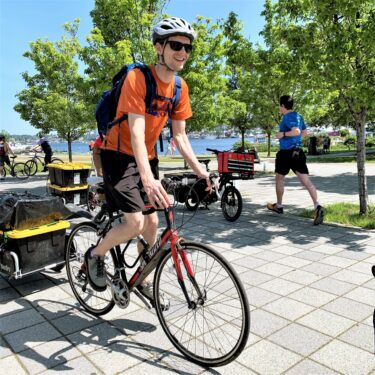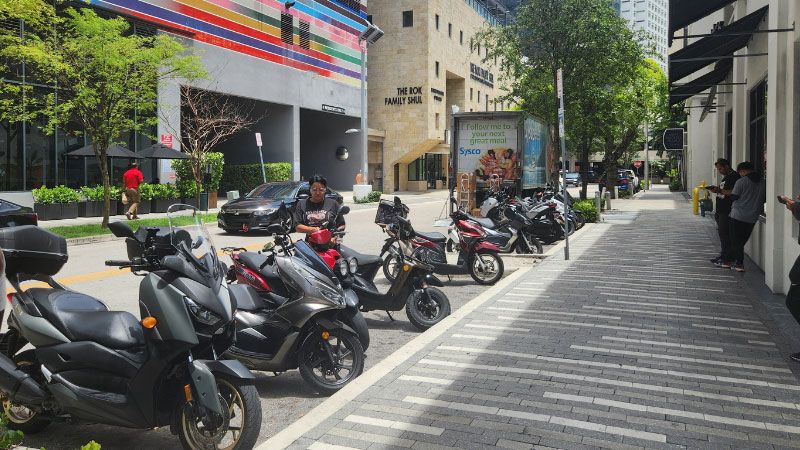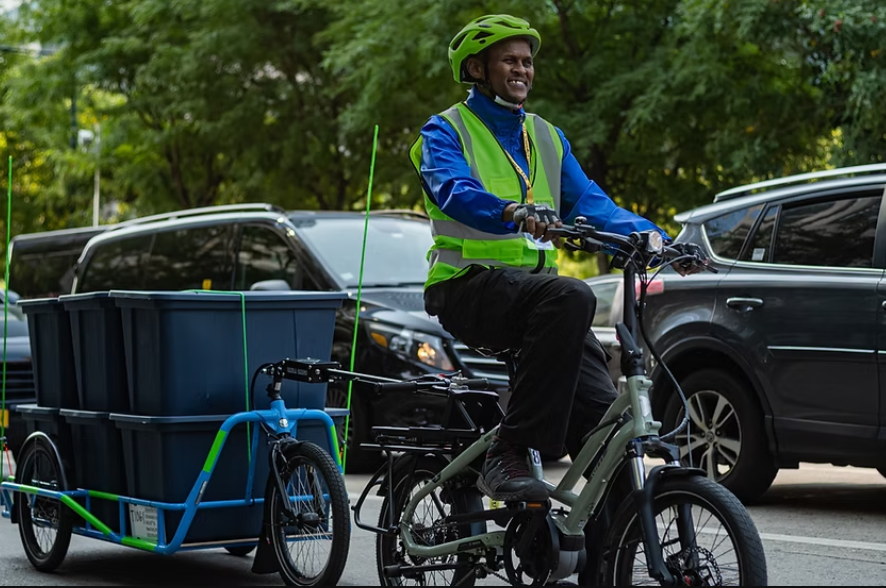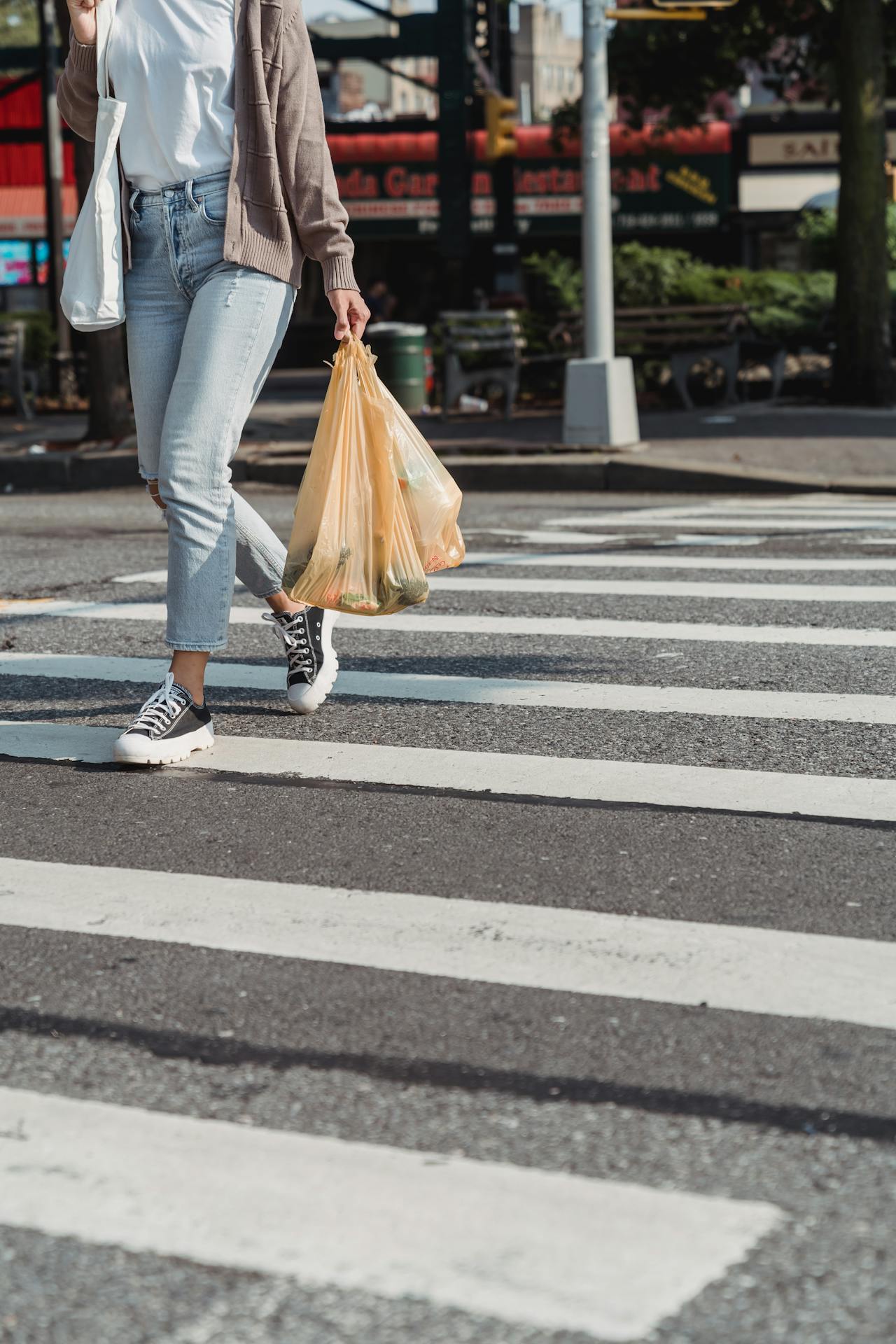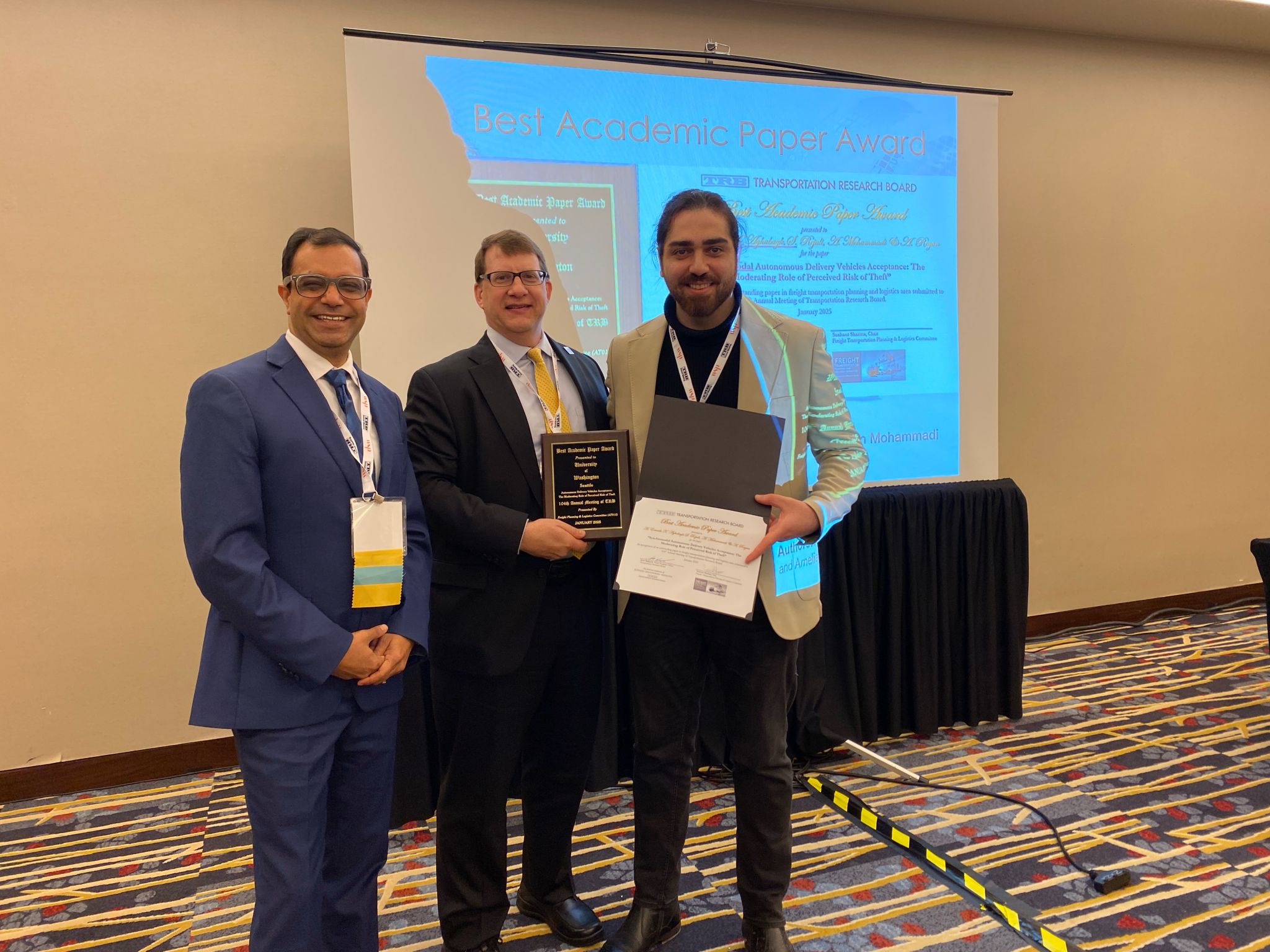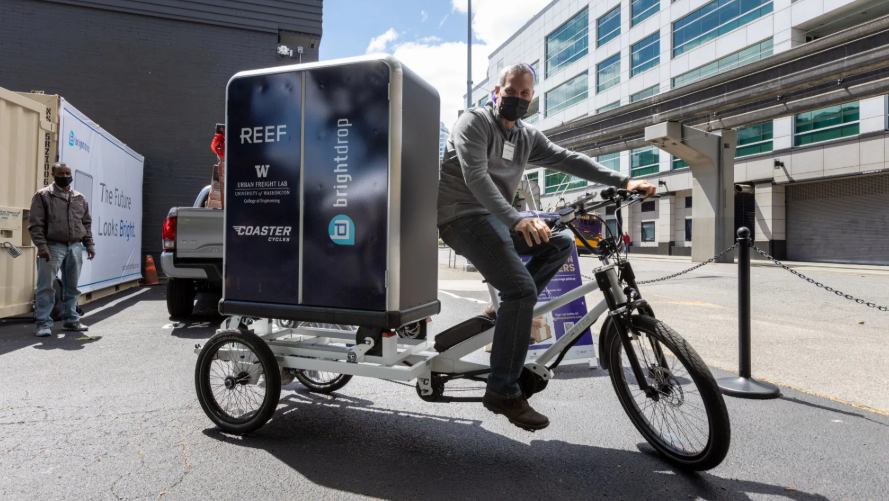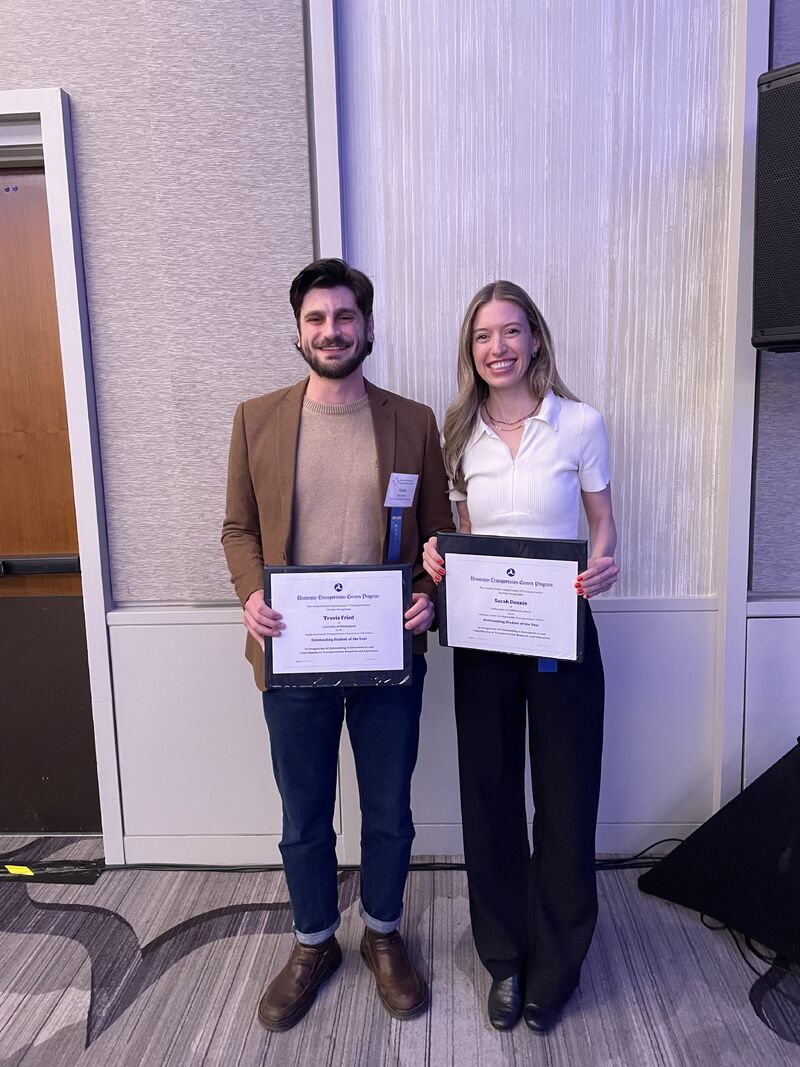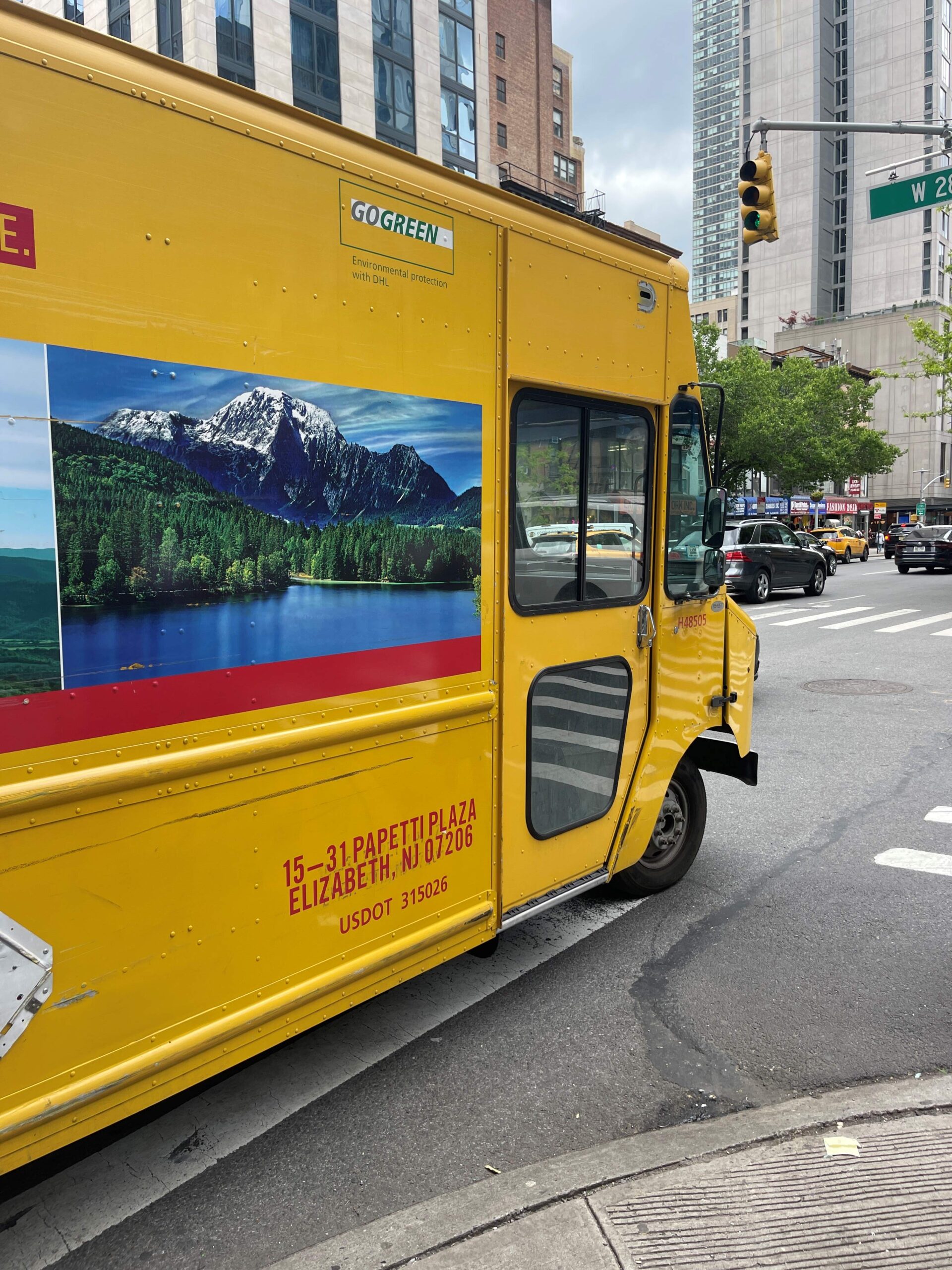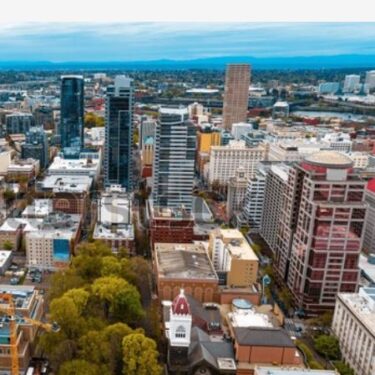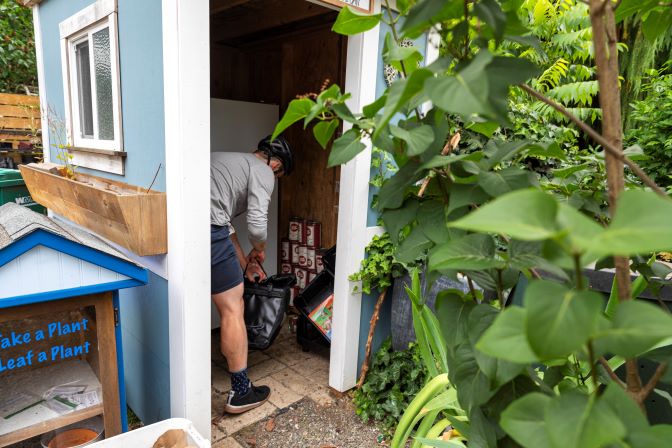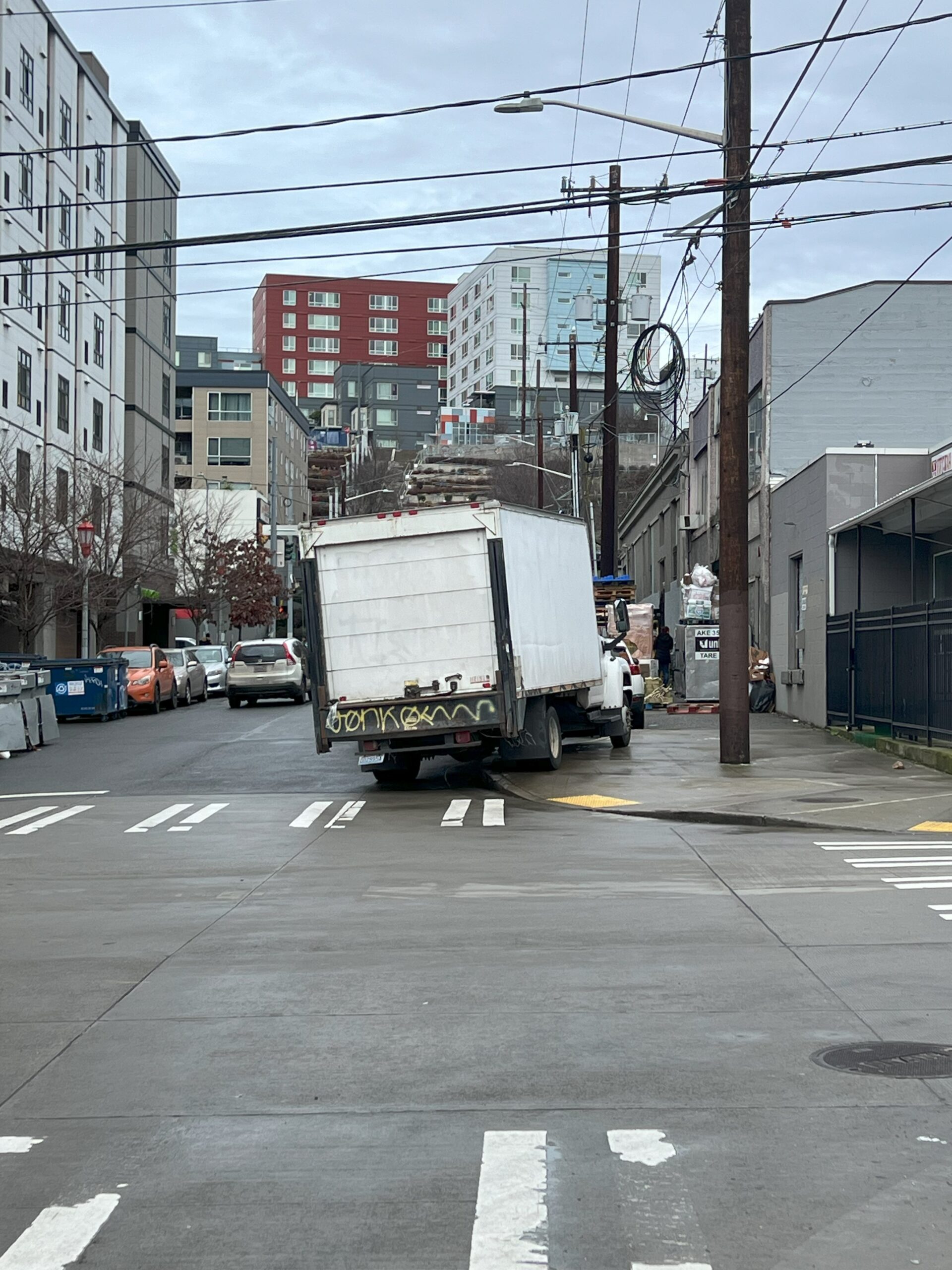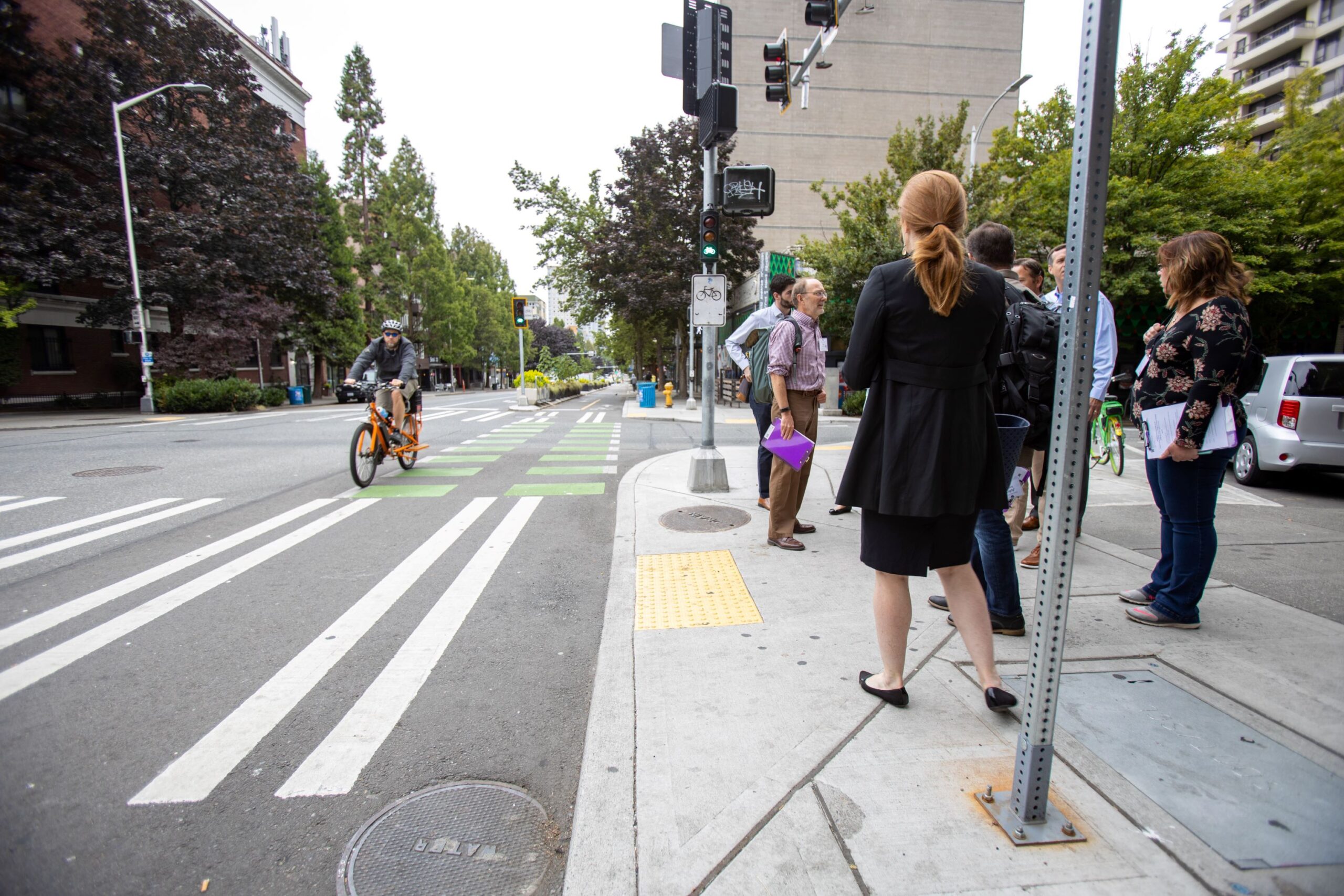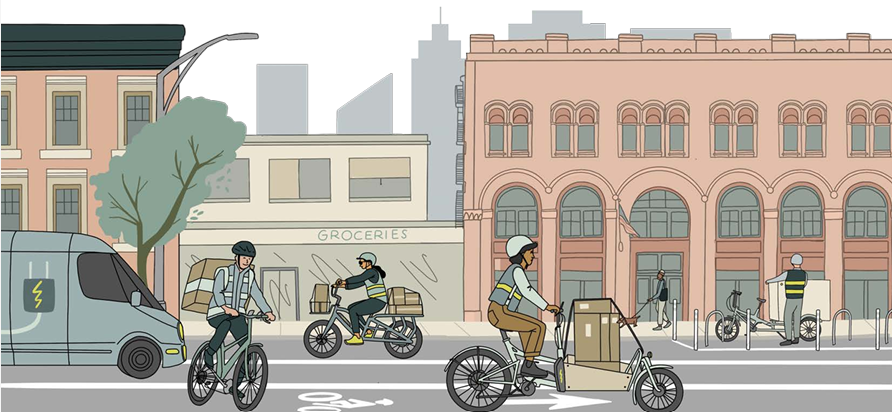News and Announcements
September 22, 2025 //
New NSF-funded UW project will use smart sensors to fight hunger, reduce food waste, and increase food access Seattle will soon pilot the first connected network of community food micro-pantries in the U.S., using smart sensors to track supply and demand. Led by the Urban Freight Lab at the University of Washington, the project aims to predict food needs, reduce food waste, and ensure donations reach neighbors who need them most.
August 7, 2025 //
New research from the Urban Freight Lab offers a detailed look at how U.S. cities are adopting zero-emission delivery (ZED) strategies to reduce freight emissions and improve air quality. The report, The State of Zero-Emissions Delivery in the U.S., written in collaboration with Cityfi for the Los Angeles Cleantech Incubator (LACI) City Climate Innovation Challenge, provides a snapshot of policies and practices as of early 2025. While progress is being made, U.S.
August 2, 2025 //
The Urban Freight Lab is a key technical and research partner on the Miami-Dade County SMART Curbs Program, collaborating with the Miami-Dade County Department of Transportation and Public Works (DTPW), Cityfi, Urban Health Partnerships, Automotus, Blue Systems, INRIX, and the Miami Parking Authority. Based in Downtown Miami and Brickell, this work is funded by the U.S.
August 1, 2025 //
The City of Boston has released the final report from Boston Delivers, an 18-month pilot project that tested the use of electric cargo bikes for last-mile delivery in the Allston-Brighton neighborhood. Funded by the Massachusetts Clean Energy Center and in partnership with the City of Boston, Net Zero Logistics, and the Boston Transportation Department, the pilot explored how right-sizing delivery modes can reduce emissions, ease congestion, improve street safety, and support local businesses.
May 22, 2025 //
New research from the Urban Freight Lab examines how living near retail storefronts influences whether people shop online (with home delivery or pickup) or in person (at local stores, markets, or malls) — and how they travel to shop (walking, driving, biking, or transit).
February 1, 2025 //
Urban Freight Lab Research Assistant and Department of Civil & Environmental Engineering doctoral student Arsalan Esmaili has received the Transportation Research Board (TRB) Best Academic Paper Award 2025 for his research on public acceptance of autonomous delivery vehicles (ADVs).
January 16, 2025 //
The Urban Freight Lab is proud to be named one of 25 winners of the Communities Taking Charge Accelerator, a national initiative led by the U.S. Department of Energy (DOE) and U.S. Department of Transportation (DOT) Joint Office of Energy and Transportation. Our project focuses on how electrifying shared parking lots and deploying logistics microhubs can support more sustainable, efficient, and equitable last-mile delivery systems in cities.
January 14, 2025 //
Urban Freight Lab Post-Doctoral Researcher Sarah Dennis-Bauer and Research Assistant Travis Fried have been named Council of University Transportation Centers (CUTC) Outstanding Students of the Year in the Road Mode category. Each year, students are selected by U.S. Department of Transportation-funded University Transportation Research Centers for this prestigious award, which is presented at the CUTC banquet during the Transportation Research Board Annual Meeting in January.
November 30, 2024 //
The Urban Freight Lab has been awarded a grant from the Health Effects Institute (HEI) to study how ecommerce-driven freight and warehousing operations impact air quality and public health in historically marginalized communities.
November 12, 2024 //
The Urban Freight Lab (UFL) has completed a series of interviews with carriers to explore how zero-emission delivery zones (ZEDZ) in downtown Portland could impact their operations. This work is funded by a U.S. Department of Transportation SMART grant awarded to the City of Portland Bureau of Transportation (PBOT) to trial converting several truck loading zones into Zero-Emission Delivery Zones (ZEDZ).
Urban Freight Lab Launches NSF-Backed Research to Expand Access to Food Through Smart Micro-Pantries
October 31, 2024 //
The Urban Freight Lab (UFL) has launched an innovative research project aimed at addressing food insecurity in Seattle by building a connected network of community-operated micro-pantries. Funded by the National Science Foundation's (NSF) Civic Innovation Challenge and supported by the U.S. Department of Homeland Security (DHS) and the U.S.
October 3, 2024 //
The Urban Freight Lab has launched a new research project, Balancing Freight and Goods Delivery Needs in Designing Complete Streets. Funded by the National Cooperative Highway Research Program (NCHRP) of the Transportation Research Board (TRB), this work will develop national guidelines to help cities design and implement Complete Streets policies that effectively integrate freight operations.
April 16, 2024 //
Since launching in 2016, the Urban Freight Lab has been at the forefront of testing innovative solutions within Seattle’s urban environment. With the support of the City of Seattle Department of Transportation (SDOT) and private sector members spanning retail, technology, manufacturing, real estate, and shipping, the Urban Freight Lab (UFL) has led groundbreaking initiatives aimed at addressing curb management, congestion, and improving safety and equity on city streets.
December 20, 2023 //
December 15, 2023 — A new first-of-a-kind study titled Ecommerce and Environmental Justice in Metro Seattle written by Urban Freight Lab researchers sheds light on disparities in delivery-related air pollution affecting neighborhoods near Amazon's last-mile facilities in the Seattle metropolitan area. The study reveals an imbalance between those benefitting from online shopping and those affected by its environmental impact.
October 26, 2023 //
The Urban Freight Lab announces the release of a new white paper, Biking the Goods: How North American Cities Can Prepare for and Promote Large-Scale Adoption of E-Cargo Bikes.
